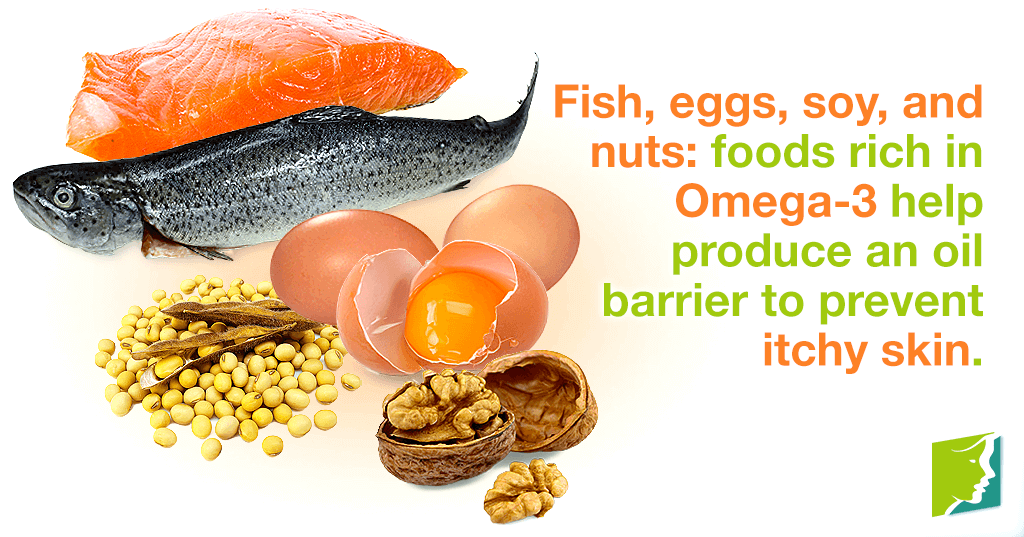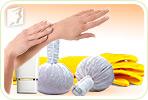In addition to symptoms such as hot flashes, night sweats, mood swings, and general aches and pains, many women suffer from itchy skin rashes during menopause. For more information on overcoming itchy skin rashes due to menopause, read over the following.
What Is the Link between Itchy Skin Rashes and Menopause?
Menopause is characterized by a dramatic shift in hormones as the ovaries stop releasing eggs. This shift in hormones often leads to itchy skin, making it very irritable and difficult to sleep.
Quick Fact
While a rash can appear anywhere on the body, rashes due to severely dry skin caused by menopause tend to pop up on the forehead, nose, back, neck, chest, arms, or legs
To understand the link between itchy skin rashes and menopause, you need to know about estrogen. Estrogen is the hormone that stimulates the formation of skin-smoothing collagen and oils. That's why, as menopause approaches and estrogen production diminishes, dry, itchy skin and rashes become very common. The reduction of estrogen and the changing ratios of hormones in your body don't just slow down your body's oil production, they also reduce your body's ability to retain moisture.
Itchy skin and rashes during menopause may also be linked with eczema. Eczema is an inflammation of the skin triggered through allergic reactions. Because menopause has the effect of lowering the immune system, the body becomes more vulnerable to allergies and eczema. Generally, if your skin is dry, persistently itchy and has a blotchy red rash, eczema is probably to blame. If this is the cause, then eczema cream can help reduce the inflammation.
What Are Some Tips For Overcoming Itchy Skin Rashes during Menopause?
Follow these tips to handle itchy skin rashes:
Eat more fat. Essential fatty acids such as omega-3 (found in salmon, walnuts, eggs, or algae oils) help produce the skin's oil barrier. A diet lacking these essential fatty acids during menopause would leave someone susceptible to itchy skin and acne. Omega-3 is also found in sardines, soy, and flax.
Make sure to put on sunscreen. Dry skin, along with moles and skin cancers, are the result of too much sun, so sunscreen with an SPF of above 15 is a must.
No more hot showers. Why not? Because even though they may feel great, hot water can be harsh to the skin and dry it out severely. Hot showers also strip the skin of its natural oils, so it's better to use tepid water or take shorter showers.
Itchy skin is usually very easily treated. Like other menopause symptoms, this symptom may disappear as your progress further into menopause. However, it is probably still best to consult your doctor to rule out any other underlying medical conditions.
In addition to these tips, there are also a range of alternative medicines that respond to the core problem of hormone fluctuations during menopause. Many of these medicines work by assisting the body to produce more of its own hormones.
Click here for more specific information on treatments for itchy skin rashes during menopause.
Sources
- Hutchinson, Susan M.D. "The Stages of a Woman's Life: Menstruation, Pregnancy, Nursing, Perimenopause, Menopause." November 2007.
- Love, Susan M.D. Menopause and Hormone Book. New York: Three Rivers Press, 2003.
- BMJ Group. "Menopause: What is it?" Patient Leaflet. 2007




